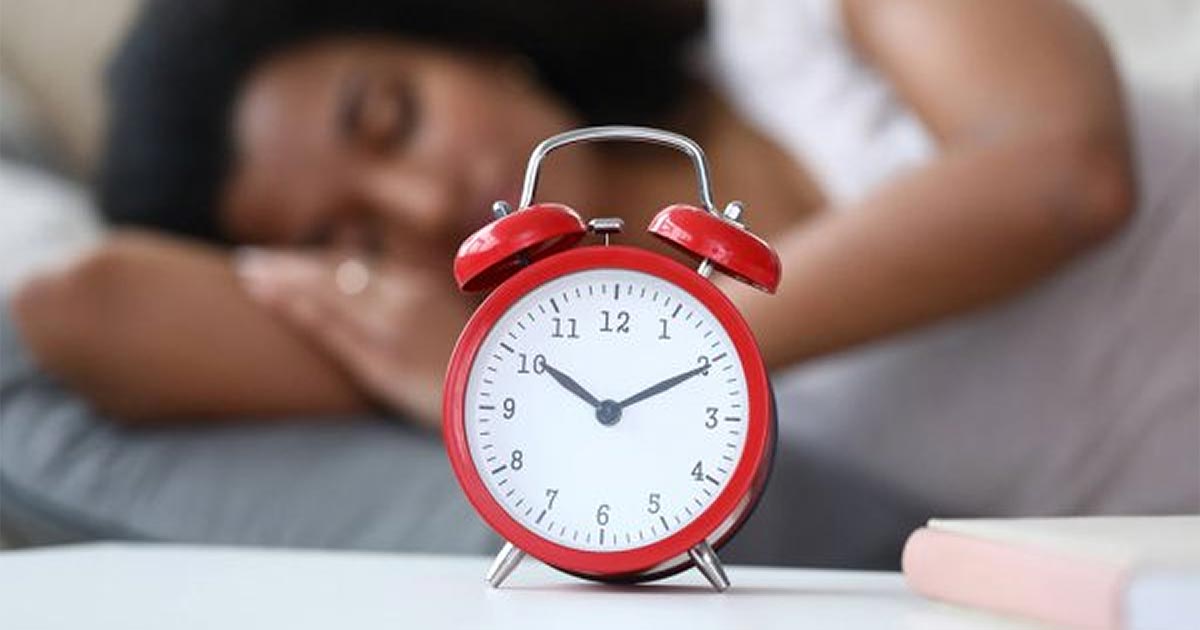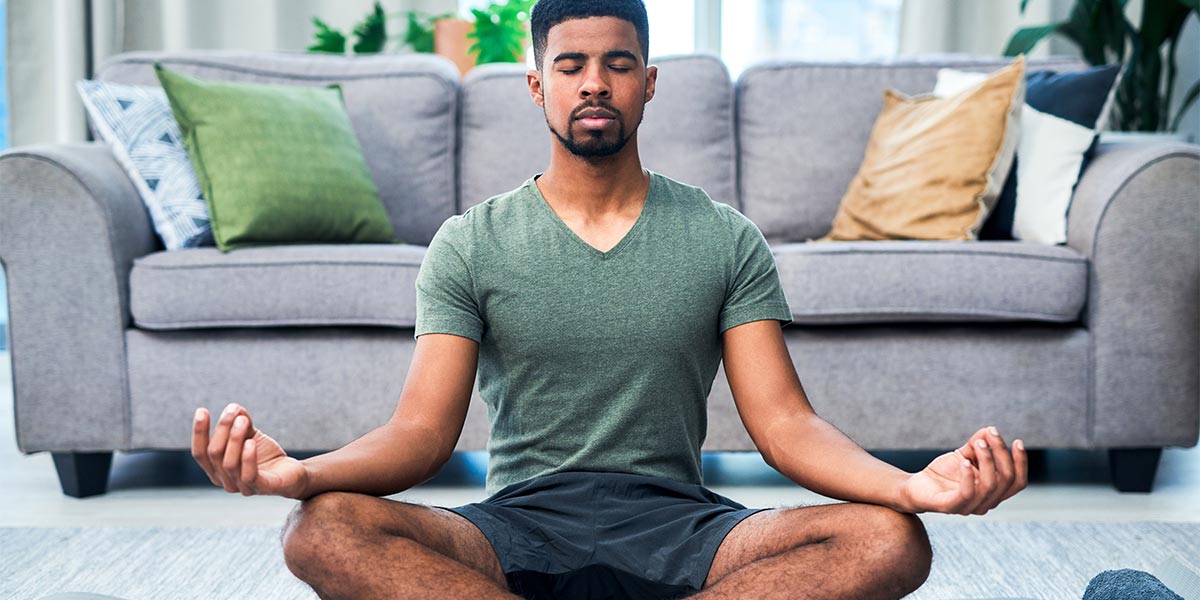
Advice to improve your movement, fitness, and overall health from the #1 in orthopedics in the U.S.
6 Ways to Sleep Better When You’re Stressed
Stress can have a direct impact on the quality and length of a night’s sleep. Try out these helpful tips provided by an HSS exercise physiologist.
Advice to improve your movement, fitness, and overall health from the #1 in orthopedics in the U.S.

Tip #1: Set a morning alarm. Everyone has a circadian rhythm that is approximately 24 hours in length. Waking up at the same time every day reinforces our own personal rhythm, which allows us to function at our best. While you may have a more flexible schedule right now, it’s important to continue to wake up at a consistent time in the morning. Also, try to get some exposure to sunlight as soon as possible after waking. This will help your internal signals know that your day has started (particularly if you use blackout shades).
Tip #2: Reduce blue light exposure. Blue light has been shown to be disruptive to our sleep cycle. Exposure to it suppresses the release of melatonin, which helps signal the body to prepare itself for sleep. If you find yourself working at a computer for long periods of time, try wearing blue-light-reducing glasses or using night mode. Also be sure to take regular breaks to stand up and move.
Tip #3: Hydrate. Fun fact: 60% of the adult body is made up of water. We know that hydration is key to muscle recovery after exercise, but it also plays an important role in sleep quality by affecting our hormone levels. Be sure to hydrate throughout the day, using a general guideline of drinking as much as half your body weight in ounces, to prevent trying to squeeze in your intake at night. A good indicator that you’re getting enough water is a urine color of straw yellow or lighter.
Tip #4: Exercise. Research has shown that just 30 minutes of moderate exercise can increase the amount of time spent in deep sleep. Deep sleep is the time during which essential hormones are released, leading to muscle growth and repair. While you’re at it, grab that foam roller for a feel-good muscle massage.
Tip #5: Set a night alarm. In addition to the morning alarm mentioned above, try using a nighttime alarm to signal when it’s time to wrap up for the night and begin your nighttime routine. You can set the reminder anywhere from 15 minutes to 60 minutes prior to your bedtime. By this time, your electronics should be away and light exposure reduced to help your body know it’s time for sleep. On an iPhone, you can set this under the clock feature by clicking on “Bedtime,” then “Bedtime Reminder.”
Tip #6: Design your bedroom for success. Following a few simple guidelines can help ensure that your bedroom is a sanctuary for quality sleep. First, keep the temperature between 60 and 68 degrees. Second, remove all electronics to minimize distractions and blue light. Third, get some bedding that you love and look forward to climbing into. It makes a difference!
Published 7/8/2021


